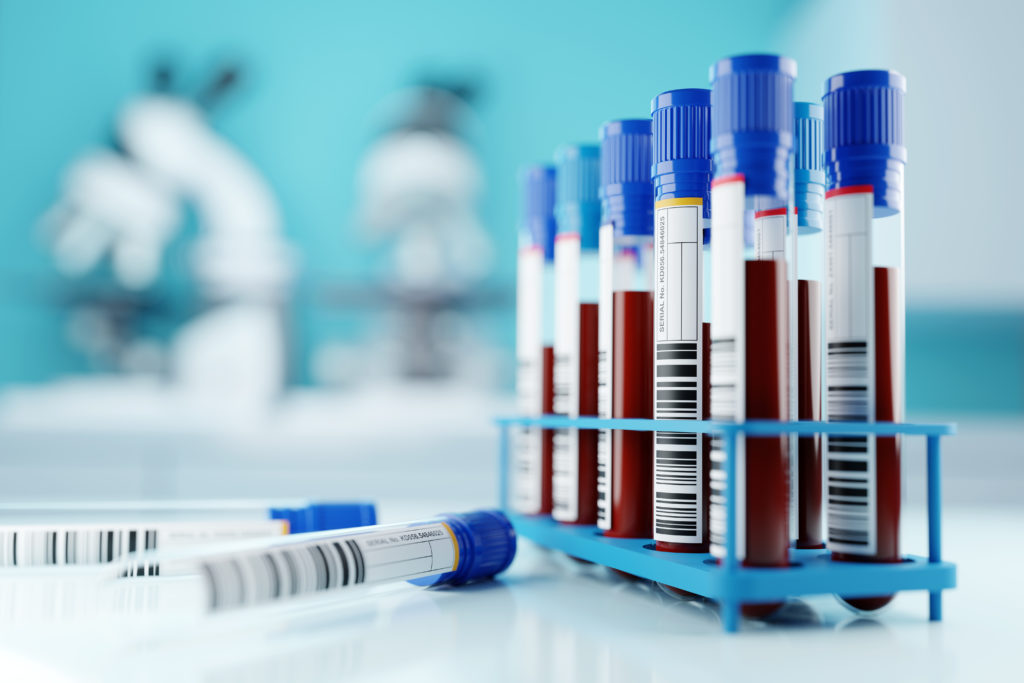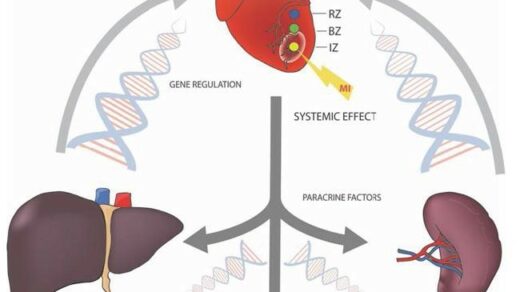In this widely-read Oncotarget paper from 2018, Australian researchers developed the first blood test to detect melanoma in early stages.

The Top-Performer series highlights research literature published by Oncotarget that has generated a high Altmetric score. Altmetric scores, located at the top-left of trending Oncotarget papers, provide an at-a-glance indication of the volume and type of online attention the research has received. Read Oncotarget’s Top 100 Altmetric papers.
—
Melanoma is the mutation, often followed by the rampant division, of the skin’s melanocytes (or pigment producing cells) which have become cancerous due to ultraviolet light overexposure, genetics, or other unknown causes. If detected at an early stage of disease progression, the majority of cutaneous melanoma cases are curable by surgical excision. Worldwide, an abundance of research aimed at early melanoma detection has been conducted and is currently changing the landscape of early treatment for patients with this pervasive cancer.
In 2018, one such research study produced the world’s first diagnostic blood test for the detection of melanoma in early stages. The paper, entitled, “A diagnostic autoantibody signature for primary cutaneous melanoma,” was published by Oncotarget and authored by researchers from Australia’s Edith Cowan University, Hollywood Private Hospital, Level 1 Melanoma, St. John of God Hospital, Dermatology Specialist Group, Skin Check WA, and The University of Western Australia. To date, this top-performing research paper has generated an impressive Altmetric Attention score of 597.
The Study
“The study cohort 1 consisted of 104 early stage melanoma patients (classified as TNM stages in situ, I and II) and 105 healthy volunteers. A smaller cohort including 20 early stage melanoma patients (classified as TNM stages in situ and I only) and 16 healthy volunteers (cohort 2) was also utilized for validation.”
Researchers collected blood sera (plural of serum, which contains exogenous substances in the blood, such as electrolytes, antibodies, autoantibodies, antigens, and hormones) from a total of 245 primary melanoma patients and healthy volunteers. The sera were screened against a high-throughput microarray profiling platform of 1627 functional proteins. After conducting detailed statistical analyses, the team found that the most effective biomarker for melanoma diagnosis was a combined signature of 10 autoantibodies which, together, displayed 79% sensitivity and 84% specificity in primary melanoma detection.
“This melanoma autoantibody signature may prove valuable for the development of a diagnostic blood test for routine population screening that, when used in conjunction with current melanoma diagnostic techniques, could improve the early diagnosis of this malignancy and ultimately decrease the mortality rate of patients.”
Conclusion
The biomarker signature found in this study has been included in a number of studies, technologies, and research collections on autoantibodies in melanoma. Since this publication in 2018, new discoveries and innovations have been made to accelerate the advancement of melanoma treatment, early detection, and prevention, including the identification of new risk factors, personalized melanoma vaccines, artificial intelligence tools, and more.
“Although this analysis repeatedly showed that the best combination for melanoma diagnosis in our cohort is the identified signature of 10 AAbs [autoantibodies], it is important to remember that there may be many other possible combinations of biomarkers generated using the list of 139 top antigens that may prove valuable for melanoma detection and should be investigated in the future.”
Click here to read the full scientific study, published in Oncotarget.
—
Oncotarget is a unique platform designed to house scientific studies in a journal format that is available for anyone to read—without a paywall making access more difficult. This means information that has the potential to benefit our societies from the inside out can be shared with friends, neighbors, colleagues, and other researchers, far and wide.

For media inquiries, please contact media@impactjournals.com.



